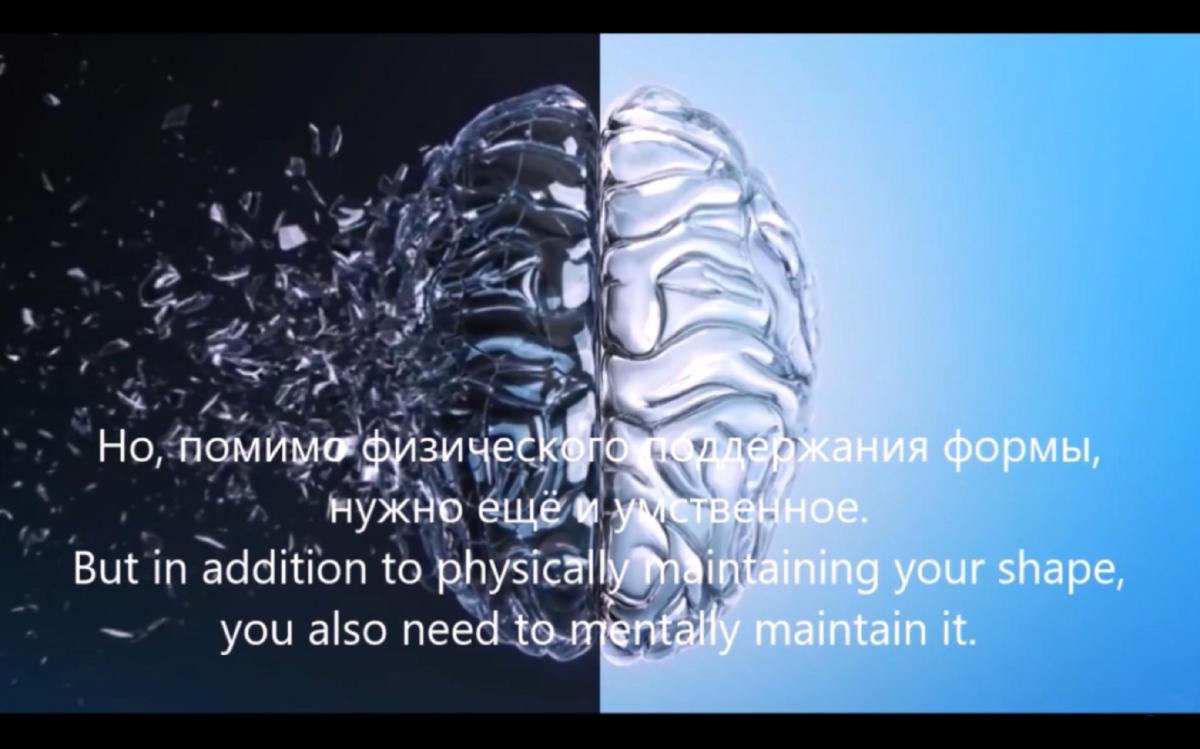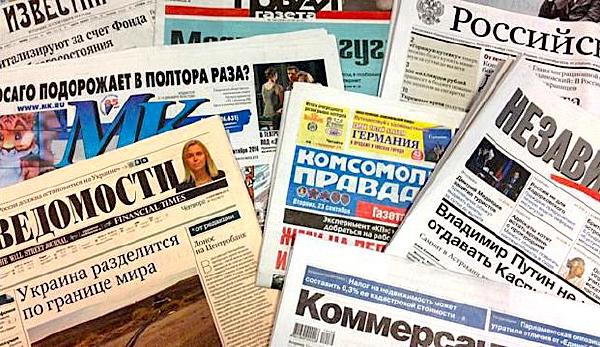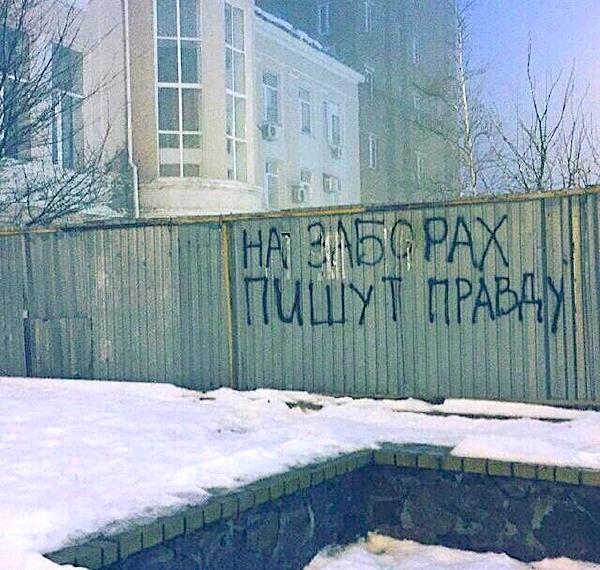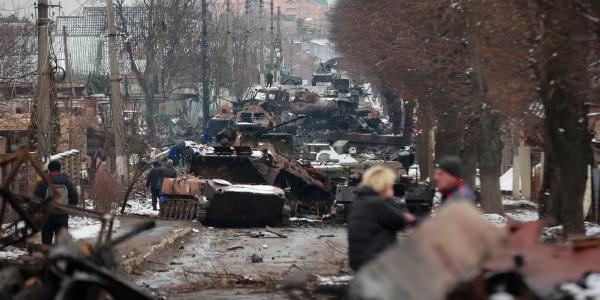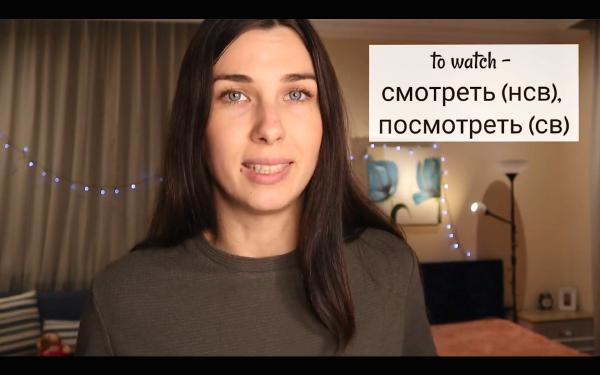Learning Russian during the pandemic
For Russian hobbyists and students, the pandemic (is? was? will be?) not all bad. In many cases, some extra time became available, and what better way to spend it than learning русский.
Resources and opportunities
YouTube teachers (m/f) also stayed at home and made the best of it by continuing to create. Vlogs, lessons, webinars, and video compilations from home students: there was no shortage of material or opportunities. Also useful and entertaining outside of pandemic times.
Here’s a small selection (March-June 2020) from channels like Alfia, Be Fluent in Russian, Real Russian Club, Ru-Land Club, Russian from Russia, Russian from the Heart, Russian with Anastasia, and Russian With Max. More listed below.
Be Fluent in Russian
Fedor Shirin wasn’t much affected by the quarantine. He was already used to working from home and continued as usual, as he mentioned himself in How it Feels Being at Home (April 19, 3 m). Three weeks later, he shared a Native Speech on the Shutdown (May 10, 2 m), but otherwise, he was mostly busy with (the launch of) his Amazing Russian Learning Platform (May 29, 4 m), and who can blame him?
Learn Russian with Alfia
Alfia mostly avoided the subject of corona. It did sneak in twice. Once when she had to come up with an example for вполне возможно что (it’s quite possible that) in Learn Russian Words that Belong Together (May 31, 7 m). It became карантин продлится до мая или июня, quarantine might last until May or June ( around 0:50). She startled herself and apologized.
Earlier, she released
Getting Drunk in Russian (April 9, 9 m), opening with я думаю, что (I think that) поскольку сейчас карантин, люди на самом деле стали больше выпивать, since the quarantine, people have actually started drinking more. At
3:11: “If you get drunk, you can fall down."
A delightful lesson.
Real Russian Club
Daria Molchanova (residing in Slovakia since 2019) gave a report with her son Roman in Our day in quarantine (April 11, 11 m). She later ruined her computer with coffee during her last Шмяк and had to continue using her phone. Nevertheless, she made a noteworthy episode on Victory Day in Victory Day Live (May 9), although she kept missing her computer, and some viewers did too.
Of particular interest (though short) is a March episode when Russia had only officially acknowledged a few cases. Current events (corona news) and a language lesson were featured in the podcast Coronavirus in Russia (March 18) in Slow Russian, available on Apple Podcast and Spotify. The news article she reads and discusses, from a day earlier, can be found on ria.ru.
Ru-Land Club
Nika Minchenko knew exactly what to do, as seen in How to avoid Coronavirus? (March 15, 3 m), though not everyone had seen it. Ten days later, she posted Breaking News on her Instagram: у моей соседки вчера диагностировали коронавирус! – my neighbor was diagnosed with coronavirus yesterday! But страшна не сама ситуация, а поведение некоторых людей: it’s not the situation that’s scary, but some people’s behavior. Because когда они услышали эту новость (when they heard the news), они запаниковали, собрали чемоданы и уехали: they panicked, packed their bags, and left. Three exclamation marks.
Nika stayed home and perhaps got a little bored, or maybe just did what everyone else was doing: sleeping, cleaning, watching movies, exercising at home. She made a lesson on each. See Sleep Vocabulary in Russian (March 26, 7 m), Cleaning in Russian (March 28, 4 m), and the Top-5 Russian Movies for Listening Practice (April 9, 7 m). In the Workout for the Russian language lessons with Nika Minchenko (April 16, 2 m), you might wonder if she was still healthy herself. Apparently, she was.
Russian from the Heart
Anna Cher, based in New York, started with corona-related vocabulary in Russian Vocabulary: Coronavirus (+ другие болезни) (March 7, 11 m), followed by corona news in Russian News Explained: Coronavirus Flight Cancellations (March 14, 12 m), plus a webinar How to study Russian during quarantine (March 18, 73 m).
New Yorkers had to stay indoors too, so Anna was forced to do grocery shopping and cook. This resulted in two items: Карантин в Нью-Йорке: Что я купила? (March 21, 8 m) and Russian Listening Practice: Готовим на карантине по-русски (April 23, 11 m). Time flew by, and soon after, the city that supposedly never sleeps was turned upside down again for other reasons. See (with a rather understated title) Russian TV News explained: NYC Protests (June 2, 18 m).
In between, she devoted two broadcasts to Victory Day. See Victory Day streaming (April 29, 58 m; this 14-minute clip is part of it) and Victory Day webinar – Part 2 (May 8, 74 m). Highly recommended: it was truly Russian from the Heart.
Russian from Russia
Anna Strelkovskaya focuses a lot on verbs, especially for intermediate learners. She touched on self-isolation (if that’s a verb) in Intermediate Russian Words 2020: самоизолироваться (April 2, 4 m). Earlier, corona came up only briefly in Intermediate Russian Listening: Гречка (Buckwheat) (March 22, 11 m; also mentioned in Grechka – Plaatje in the Music section). For more on this, see An Unexpected Item Russians Stockpile Because of Coronavirus (Transparent Languages, March 26).
Russian with Anastasia
Anastasia Semina spent a lot of time at home (in Saint Petersburg) and didn’t enjoy it. Nonetheless, she lightened the house arrest of others by giving half-hour lessons regularly (almost daily for a while) – informal but at a high level. Word games ( April 13, April 15, April 17, April 20), dictations ( April 12, April 19, April 25, May 2), and her Russian Grammar Time was ideal for brushing up on or revisiting grammar. With lessons on reflexive verbs, for example, in the series Verbs with -СЯ ( April 24, April 30, May 1, May 7, May 8, May 21) and more. Students of different levels, and Anastasia who catered to everyone. R1 says spasibo bolshoje.
Russian With Max
Max Pimenov is a serious young man. He’s also optimistic, active, thoughtful, and much more. All of this came through in the diverse With Max productions during the pandemic. See Coronavirus and the situation in Russia (March 20, 13 m), Что делаете на карантине? (March 26, 70 m), Карантин. Почему я уехал из Москвы? (April 2, 19 m), and Прогулка во время карантина (April 17, 15 m).
How other people in other places kept busy and stayed afloat during the pandemic is shared by Max and his подписчики in Иностранцы говорят по-русски о карантине (April 27, 18 m). There’s also a Часть 2 (Part 2, May 1, 23 m).
More
- Daria Mikhay made Covid 2019 in Moscow, Russia. How do we live? (March 27, 6 m).
- Katya K (Live Russian) didn’t do much about corona, but she did plenty during it, like painting, decorating matryoshka dolls, playing the ukulele, and blowing bubbles. She shines in Slow Russian / Lockdown / Home activities (March 23, 7 m) and recited a poem on Victory Day (May 9, 2 m) with a flower arch and violinist.
- Zhanna Shypulia (RussianUp) is based in Ukraine, like Nika Minchenko, and so is in a good position to talk about COVID19 in Ukraine (April 24, 6 m).
- Katya Kambarova (Russian with Katya) brings humor with Russian Quarantine Jokes (April 19, 8 m) – poor dog Шарик.
- From Anastasia Batiri (Russian with Nastya) comes Coronavirus in Russia & Russian Imperative Mood (March 17, 7 m).
- Elen Sheff (русский с носителем) remained as productive as ever and created – with the hashtag #СидимДома (we’re staying home) – Чем заняться во время изоляции? (April 5, 6 m) and Vocabulary COVID-19 (April 7, 6 m).
As a bonus, here’s some sign language. Десять жестов на тему “Коронавирус” (Школа жестового языка “ОБРАЗ”, March 29, 1 m): ten signs about the topic of coronavirus.
More


